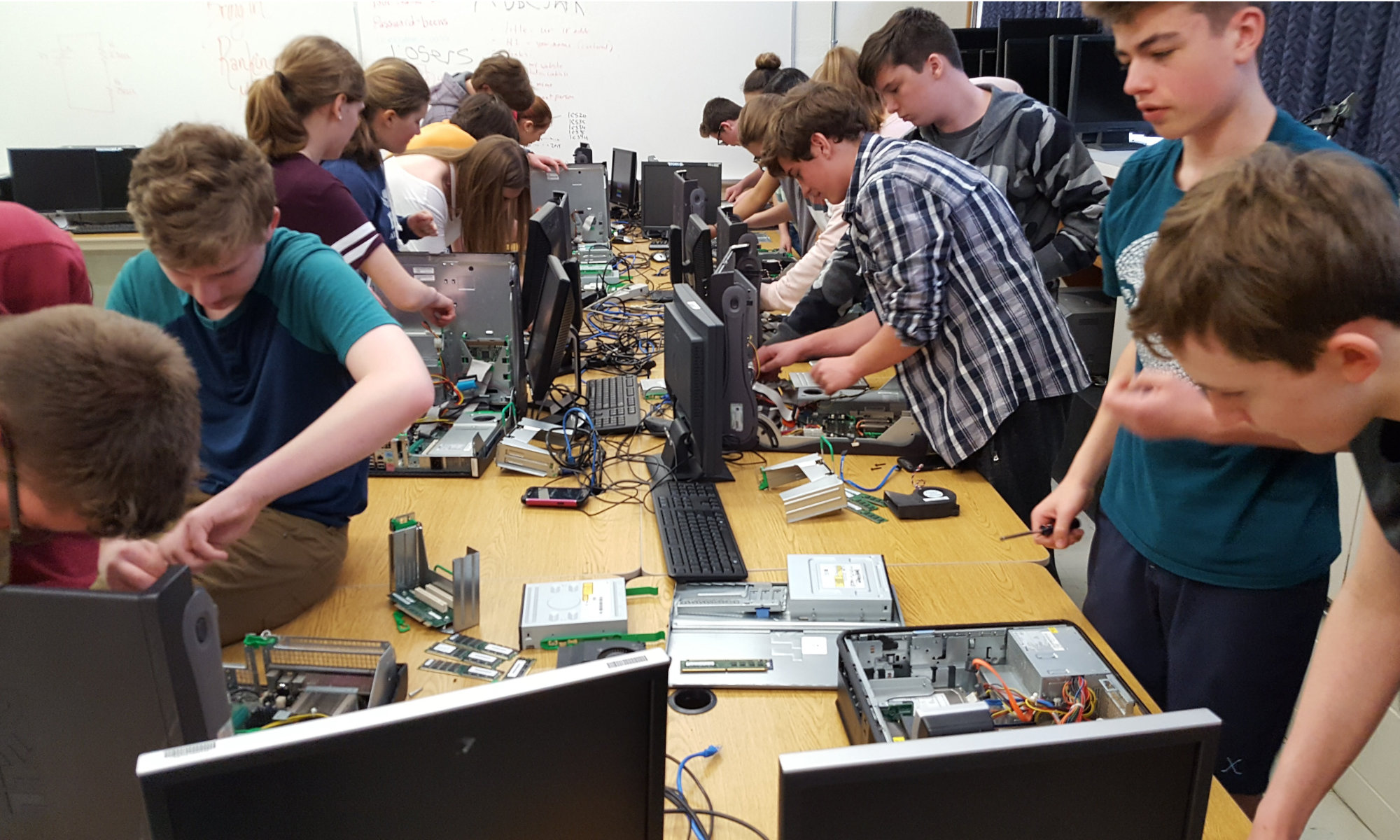Getting Started
- Using this website
- Console (although you are encouraged to use PyCharm instead, which is available here.)
- Visualize
- Cheatsheet
- Resources

Educator, Geek, Photographer, Motorcyclist, Lifelong Learner
I can always be contacted via email (please see email protocol) or through my “contact me” form or through the Remind service app (preferred).
(This is a common part of the course outlines for ICS3C, ICS3U, and ICS4U )
This course enables students to further develop knowledge and skills in computer science. Students will use modular design principles to create complex and fully documented programs, according to industry standards. Student teams will manage a large software development project, from planning through to project review. Students will also analyse algorithms for effectiveness. They will investigate ethical issues in computing and further explore environmental issues, emerging technologies, areas of research in computer science, and careers in the field.
This is not a comprehensive outline, and it should always be considered a work in progress…
“Google20” days are loosely modeled after Google’s philosophy of allowing their programmers and engineers to use one day per week to work on a “pet project” not related to their job. It is a hugely successful program that has resulted in many products at Google (like Gmail!).
While brainstorming how this might look in our class, we have come up with our own philosophy of how our “Google20” days should work:
Ultimately, the goal of our Google20 days is for you to be productive at something that moves your life forward in a positive way, doing something that you want to do.
At the beginning of each of these days we will ask you to fill in this form so you know what your plan is and eventually for me to measure how successful this program is.
This course introduces students to computer programming concepts and practices. Students will write and test computer programs, using various problem-solving strategies. They will learn the fundamentals of program design and apply a software development life-cycle model to a software development project. Students will also learn about computer environments and systems, and explore environmental issues related to computers, safe computing practices, emerging technologies, and postsecondary opportunities in computer-related fields.
This is not a comprehensive outline, and it should always be considered a work in progress…
This course introduces students to computer science. Students will design software independently and as part of a team, using industry-standard programming tools and applying the software development life-cycle model. They will also write and use subprograms within computer programs. Students will develop creative solutions for various types of problems as their understanding of the computing environment grows. They will also explore environmental and ergonomic issues, emerging research in computer science, and global career trends in computer-related fields.
This is not a comprehensive outline, and it should always be considered a work in progress…
https://www.youtube.com/watch?v=jq5M5Gmf0do
You must be logged in to post a comment.